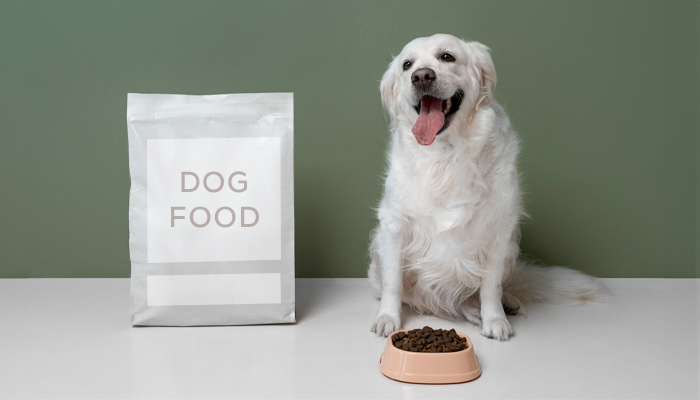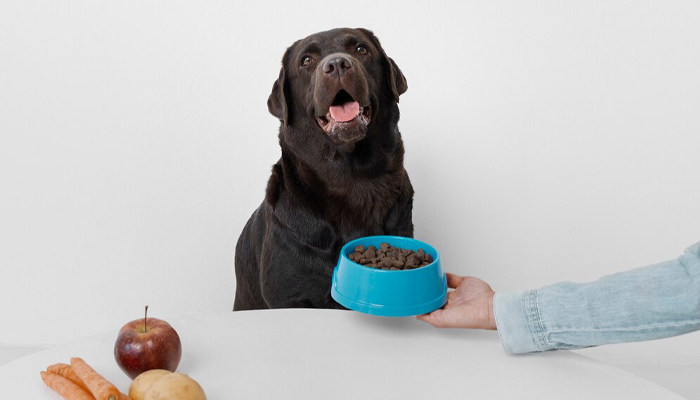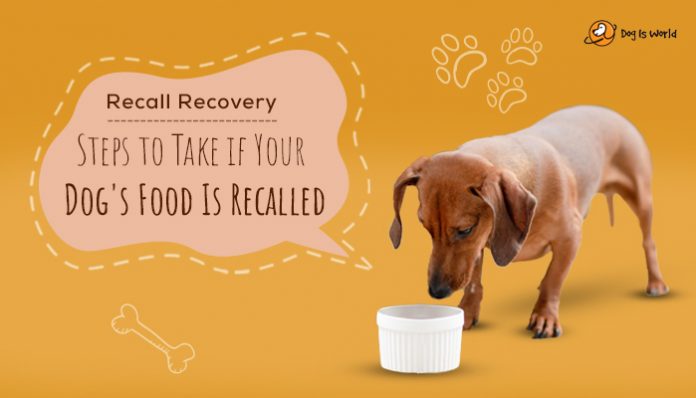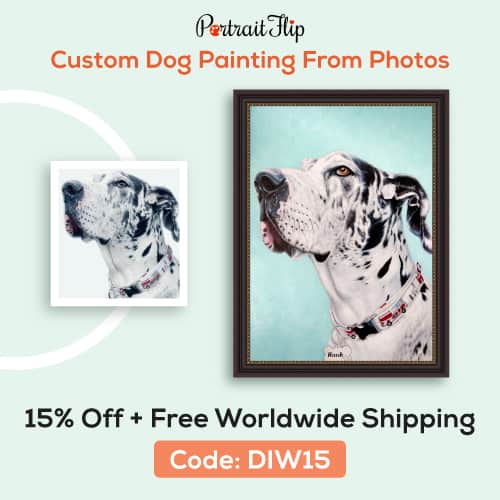Our dogs are not just home pets; they are part of our families. Naturally, we all know how important it is to give our beloved pets the best food, especially when it comes to nutrition. What should you do if the food your dog is eating is recalled? Do not be scared, even though it may be a scary and difficult situation! Here is the full guide that will walk you through every step of the process for a smooth dog recall food recovery. Let’s use this situation that could be scary as a chance to give our pets extra care, attention, and, most importantly, reassurance that they are safe.
Table of Contents
Common reasons for dog food recalls
While learning the ins and outs of dog food recalls may not seem like a fun topic, it is essential knowledge for our pets’ wellbeing. Like an obedient pet, let’s wag our tails and explore the positive aspects of mindfulness! Recalls of dog food, while rare, are evidence of the pet food industry’s dedication to putting our dog’s health first. The careful observation of quality and safety standards is frequently the cause of these recalls.
Picture this: a lively dance of safety protocols ensuring that every kibble meets the highest standards of nutrition and hygiene. Joyfully, companies voluntarily recall products if they suspect any deviation from these standards, ensuring that your canine pals receive only the finest and safest nourishment.
So recall announcements act as a symphony of care, with pet owners being informed promptly to safeguard their pets. By staying informed about common reasons for recalls, we can all join the harmonious chorus of responsible pet ownership, ensuring our furry friends continue to jump through life with health and happiness. Let’s celebrate the diligent efforts that keep our dogs’ bowls full of joy and goodness!
The Importance of Regularly Checking Pet Food Labels and Packaging

Our four-legged pals deserve the same degree of care when it comes to what they eat as we do when we read food labels. Read on as we delve into all of the ways in which you and your pets will benefit from the basic habit of checking pet food labels and packaging on a regular basis.
1. Tailored Nutrition:
Assume you could personalize your pet’s food according to their specific dietary requirements and tastes! In order to keep your pet healthy, especially when you are aware of any allergies to foods they may have, it is important to read pet food labels regularly. For pets to live long, healthy lives, their owners have to provide them with specialized diets.
2. The Unknown Components:
A component list, let’s admit it, can at times resemble a code. Rest assured! Making it a habit to decipher these labels might lead to a liberating and entertaining journey. Discover the hidden meaning of each ingredient and how it supports your pet’s health. It’s as if you’ve found the secret formula for a flourishing furball.
3. Staying Informed on Recalls:
With so many different kinds of pet food on the market, recalls are inevitable. You can keep up with any recalls or changes from manufacturers by checking the labels often. Having this information allows you to make well-informed decisions and guarantees that the safety of your pet is always your first concern.
4. Avoiding allergen surprises:
The possibility of dietary sensitivity and illnesses in pets needs to be given consideration. Reviewing pet food labels regularly can help you prevent feeding your pet foods that could make them sick, especially if you know they have food allergies. Pets need special diets if their owners want them to enjoy healthy lives for a long time.
5. Encouraging Eco-Friendly Decisions:
By supporting eco-friendly options, we are fighting for the health of our world as much as we are for the health of our dogs. Choose brands that care about the environment by reading their packaging. Making a positive impact on the environment is an enjoyable way to care for your pet and ensure a better world for generations to come.
As you scan the pet food aisle, let each label serve as a gentle reminder of the delightful duty you are about to complete. Creating a feast that continues in the joyful barks, contented purrs, and wagging tails of your cherished canine companion is more than just filling a bowl. Cheers to the exciting journey of making your pet’s life a magical one!
Your Guide to Immediate Actions in Dog Food Recalls

In this paw-sitively engaging read, we’ll lead you through the steps to keep your furry pals safe and sound during any unexpected recalls. Think of it as a delightful journey of discovery, where you’ll learn how to turn potential concerns into opportunities for even better pet care! From understanding recall alerts to selecting the finest alternative treats, we’ve got your back. Because taking care of our beloved pets is like taking a baby step towards a longer, healthier life.
Step 1: Remain composed and acquire facts
Maintaining composure is a basic standard in any time of emergency. Inhale deeply, collect your thoughts, and learn the details of the recall. Recalls of dog food can occur for a number of reasons, including contamination, poor quality, and mistakes in formulation. For further details, consult the dog food manufacturer’s official recall announcement. Most companies provide clear instructions on what to do next, including a hotline number or website where you can get real-time updates.
Step 2: Stop Feeding the Recalled Food
Stop feeding right away as soon as you’ve established that it is, in fact, recalled. Although it may not be pleasant to discard a half-used bag, your dog’s health comes first. Your dog’s stomach is probably more adaptable than you realize, so don’t panic if you have to make a quick switch to a reliable substitute. For suggestions on appropriate replacement choices catered to your dog’s unique nutritional needs, think about checking with a veterinary professional.
Step 3: Consult your veterinarian
As pet parents, it is your responsibility to make sure you look out for any other symptoms that might indicate your pet is suffering from the tainted food. Typical signs include fatigue, vomiting, diarrhea, and appetite problems. If you observe any of these signs, consult with your vet immediately.
Step 4: Give the Recalled Food Back or Throw It Away
When returning or disposing of the recalled dog food, keep to the manufacturer’s instructions. Other businesses might offer a replacement item, a return, or further advantages. If the recall notice contains any special instructions on how to use the product, be sure to read them again. In order to keep people and other animals away from the recalled food, proper disposal is essential. Keep track of anything you do as well, especially taking photos and saving receipts; this will certainly come in handy if you ever need a reimbursement or have any follow-up questions.
Step 5: Record how it happened
Be proactive and notify the relevant authorities of the event. Authorities such as the FDA, the Food and Drug Administration, or additional local entities are participating in many kinds of dog food recalls. By ensuring that the incident is recorded, reporting helps to avert future occurrences of the same problems. Additionally, it’s a means of enhancing the general safety of pet food items. You can actively contribute to preserving the honesty and security of the pet food sector by filing reports.
Step 6: Monitor Your Canine’s Rehab
Keep an eye on your dog’s overall condition as you adjust them to new eating habits while keeping track of their health. Because they are adaptive pets, dogs will probably recover quickly with your love and care. Watch their energy levels, coat condition, and general pleasure as you gradually introduce the new meal to minimize any digestive disturbance. Seeing your dog flourish after a recall may be a fulfilling experience, and their recovery is a testament to the love and attention you provide them.
Step 7: Acquire knowledge and Remain up-to-date.
Recalls of dog food can be difficult, but they also present an opportunity to educate ourselves and keep our pets’ safe and healthy goods in the know. Become familiar with the components of what your dog eats, comprehend the production process, and monitor any modifications to the product’s labeling or packaging. A great way to protect your pet is to be a smart shopper. To make an informed choice when selecting your dog’s next meal, take some time to learn about various brands and their methods of manufacturing.
A dog food recall isn’t something you want to deal with lightly, but staying calm, informed, and proactive will help you handle the situation effectively. As the main caretaker for your dog, your thoughtful and timely responses can greatly influence their recovery. Keep in mind that, although accidents sometimes happen, the way we react to them shows how much we care for our pets. Because pets brighten our lives, let’s take this recall setback as an opportunity to shower them with even more affection. Our canine companions will have better health and longer lives if we all do our part to create a world where dogs can run free and play forever.












